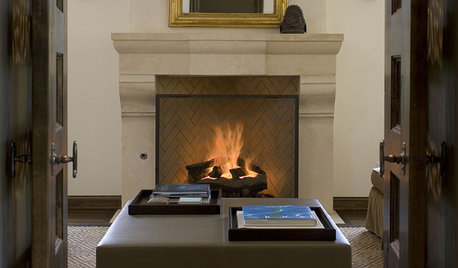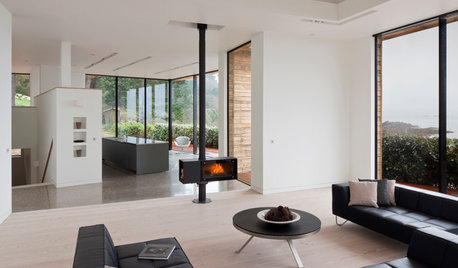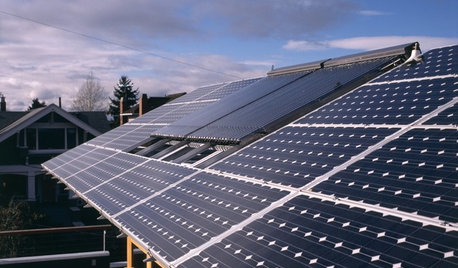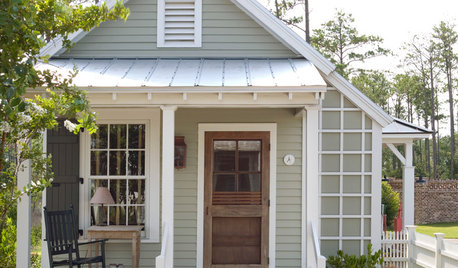Worthwhile to Convert Oil Boiler to Propane or Not?
rococogurl
11 years ago
Related Stories

LIVING ROOMSHow to Convert Your Wood-Burning Fireplace
Learn about inserts and other options for switching your fireplace from wood to gas or electric
Full Story
GREAT HOME PROJECTSHow to Switch to a Tankless Water Heater
New project for a new year: Swap your conventional heater for an energy-saving model — and don’t be fooled by misinformation
Full Story
FIREPLACESRumford Fireplaces Are Hotter Than Ever
Higher efficiency and good looks are leading homeowners back to this 18th-century fireplace design
Full Story
FIREPLACESUpdated Woodstoves Keep Home Fires Burning
Better technology means more efficiency than ever for modern woodstoves
Full Story
GREEN BUILDINGLet’s Clear Up Some Confusion About Solar Panels
Different panel types do different things. If you want solar energy for your home, get the basics here first
Full Story
MORE ROOMS11 Elements of the Perfect Sunroom
Relax in your own sunny retreat right at home — these features will make your sunroom comfortable, inviting and entertaining
Full Story
MATERIALSInsulation Basics: What to Know About Spray Foam
Learn what exactly spray foam is, the pros and cons of using it and why you shouldn’t mess around with installation
Full Story
SMALL SPACES8 Benefits of Cottage Living
Scale back to dial up your quality of life, save money and more
Full Story
INSIDE HOUZZHow Much Does a Remodel Cost, and How Long Does It Take?
The 2016 Houzz & Home survey asked 120,000 Houzzers about their renovation projects. Here’s what they said
Full Story





ionized_gw
mike_home
Related Professionals
Glen Avon Solar Energy Systems · Hinsdale Solar Energy Systems · Wildomar Solar Energy Systems · Eden Prairie Solar Energy Systems · Baltimore Home Automation & Home Media · Boston Home Automation & Home Media · Hacienda Heights Home Automation & Home Media · Leander Home Automation & Home Media · Phoenix Home Automation & Home Media · Plantation Home Automation & Home Media · Winchester Home Automation & Home Media · Markham Electricians · Columbine Fireplaces · North Ogden Fireplaces · Parkland Fireplacesbrickeyee
rococogurlOriginal Author
ionized_gw
rococogurlOriginal Author
brickeyee
andrelaplume2
weedmeister
rococogurlOriginal Author
david_cary
lannie59
rococogurlOriginal Author
brickeyee
weedmeister
ionized_gw
berlin
rococogurlOriginal Author
berlin
lannie59
rococogurlOriginal Author
SaltiDawg
rococogurlOriginal Author
ionized_gw
weedmeister
rococogurlOriginal Author
Mike No